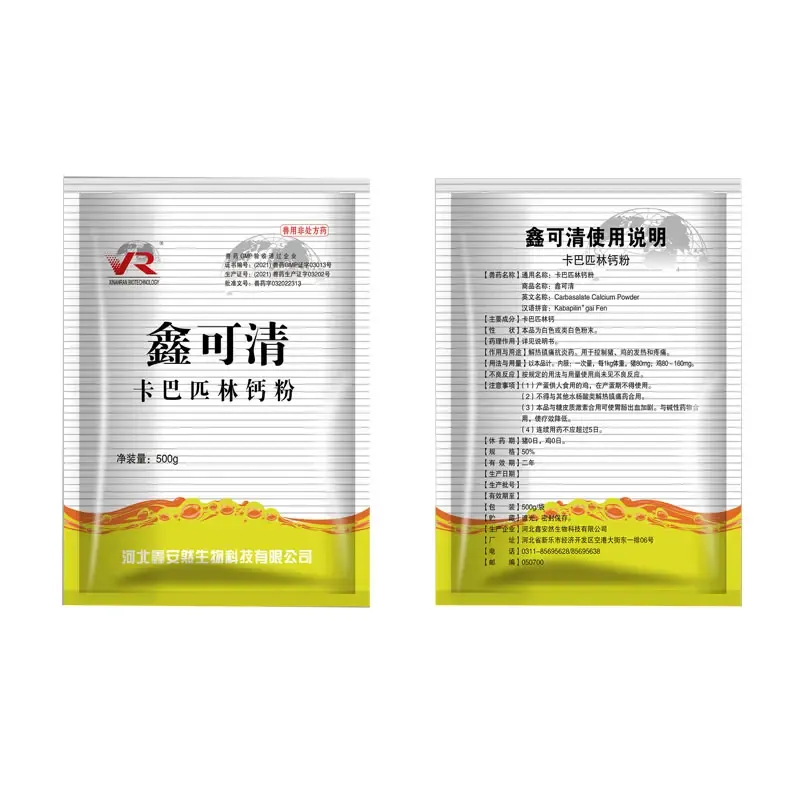- Afrikaans
- Albanian
- Amharic
- Arabic
- Armenian
- Azerbaijani
- Basque
- Belarusian
- Bengali
- Bosnian
- Bulgarian
- Catalan
- Cebuano
- Corsican
- Croatian
- Czech
- Danish
- Dutch
- English
- Esperanto
- Estonian
- Finnish
- French
- Frisian
- Galician
- Georgian
- German
- Greek
- Gujarati
- Haitian Creole
- hausa
- hawaiian
- Hebrew
- Hindi
- Miao
- Hungarian
- Icelandic
- igbo
- Indonesian
- irish
- Italian
- Japanese
- Javanese
- Kannada
- kazakh
- Khmer
- Rwandese
- Korean
- Kurdish
- Kyrgyz
- Lao
- Latin
- Latvian
- Lithuanian
- Luxembourgish
- Macedonian
- Malgashi
- Malay
- Malayalam
- Maltese
- Maori
- Marathi
- Mongolian
- Myanmar
- Nepali
- Norwegian
- Norwegian
- Occitan
- Pashto
- Persian
- Polish
- Portuguese
- Punjabi
- Romanian
- Russian
- Samoan
- Scottish Gaelic
- Serbian
- Sesotho
- Shona
- Sindhi
- Sinhala
- Slovak
- Slovenian
- Somali
- Spanish
- Sundanese
- Swahili
- Swedish
- Tagalog
- Tajik
- Tamil
- Tatar
- Telugu
- Thai
- Turkish
- Turkmen
- Ukrainian
- Urdu
- Uighur
- Uzbek
- Vietnamese
- Welsh
- Bantu
- Yiddish
- Yoruba
- Zulu
Des . 17, 2024 21:46 Back to list
Buparvaquone Injection for Treating Parasitic Infections in Veterinary Medicine
Exploring Buparvaquone Injection A Promising Antiparasitic Agent
Buparvaquone, a novel and potent antiparasitic drug, has gained attention in recent years for its efficacy in treating diseases caused by protozoan parasites. This compound is particularly significant in veterinary medicine, especially for the management of tropical theilerosis in cattle, a disease caused by the parasite Theileria annulata. The use of buparvaquone injection has shown considerable promise in improving the health of livestock, which is crucial for agricultural economies in regions heavily affected by such diseases.
Mechanism of Action
Buparvaquone is classified as a naphthoquinone and operates by disrupting mitochondrial function in protozoan parasites. The drug interferes with the electron transport chain, leading to a depletion of adenosine triphosphate (ATP), which is essential for the survival and replication of these organisms. By inhibiting this vital process, buparvaquone effectively halts the lifecycle of the parasites, providing a therapeutic effect that can significantly reduce infection rates in affected animals.
Efficacy in Treating Theileriosis
Theileriosis represents a major challenge to cattle farming, particularly in tropical and subtropical regions. The disease, transmitted by tick bites, causes severe economic losses due to decreased milk production, weight loss, and increased mortality rates. Traditional treatment options, such as chlorpromazine and other older antiparasitic drugs, have been plagued by issues such as toxicity, resistance, and varying efficacy.
Buparvaquone injection offers a more effective alternative. Clinical trials and studies have demonstrated its superior effectiveness in treating tropical theilerosis. Not only does it provide a rapid reduction in parasitic load, but it also possesses a favorable safety profile, making it suitable for use in livestock without the risk of severe side effects that could hinder animal welfare or productivity.
buparvaquone injection

Administration and Dosage
Buparvaquone is typically administered via injection, which ensures that the drug reaches systemic circulation swiftly for rapid action. The recommended dosage varies depending on the severity of the infection and the weight of the animal. Veterinary professionals often recommend an initial dose followed by a second dose after a specified interval, ensuring that any residual parasites are adequately addressed. It is vital for veterinarians to monitor treated animals closely to manage any potential side effects and to gauge the efficacy of the treatment.
Benefits and Future Directions
The introduction of buparvaquone injection into veterinary practice presents several benefits. Firstly, its effectiveness against resistant strains of Theileria enhances treatment success rates, which is critical for the health of livestock. Secondly, improved animal health directly translates into better economic outcomes for farmers, ensuring that livestock remains productive and profitable.
Moreover, ongoing research into buparvaquone's applications is exploring its potential use in treating other parasitic diseases. The drug's mechanism of action against mitochondrial functions may also be applicable to various pathogens beyond Theileria, suggesting that buparvaquone could be a valuable addition to the antiparasitic arsenal for both veterinary and possibly even human medicine.
Conclusion
In conclusion, buparvaquone injection stands out as a promising treatment for protozoan infections, particularly in cattle suffering from tropical theilerosis. Its unique mechanism of action, combined with a favorable safety profile and efficacy in overcoming resistance, positions it as a vital tool in veterinary medicine. As research continues to explore its potential applications, buparvaquone may not only revolutionize the management of parasitic diseases in livestock but might also inspire similar advancements in medical treatments across species. The future holds significant promise for buparvaquone, paving the way for healthier livestock and more sustainable agricultural practices.
-
Guide to Oxytetracycline Injection
NewsMar.27,2025
-
Guide to Colistin Sulphate
NewsMar.27,2025
-
Gentamicin Sulfate: Uses, Price, And Key Information
NewsMar.27,2025
-
Enrofloxacin Injection: Uses, Price, And Supplier Information
NewsMar.27,2025
-
Dexamethasone Sodium Phosphate Injection: Uses, Price, And Key Information
NewsMar.27,2025
-
Albendazole Tablet: Uses, Dosage, Cost, And Key Information
NewsMar.27,2025













